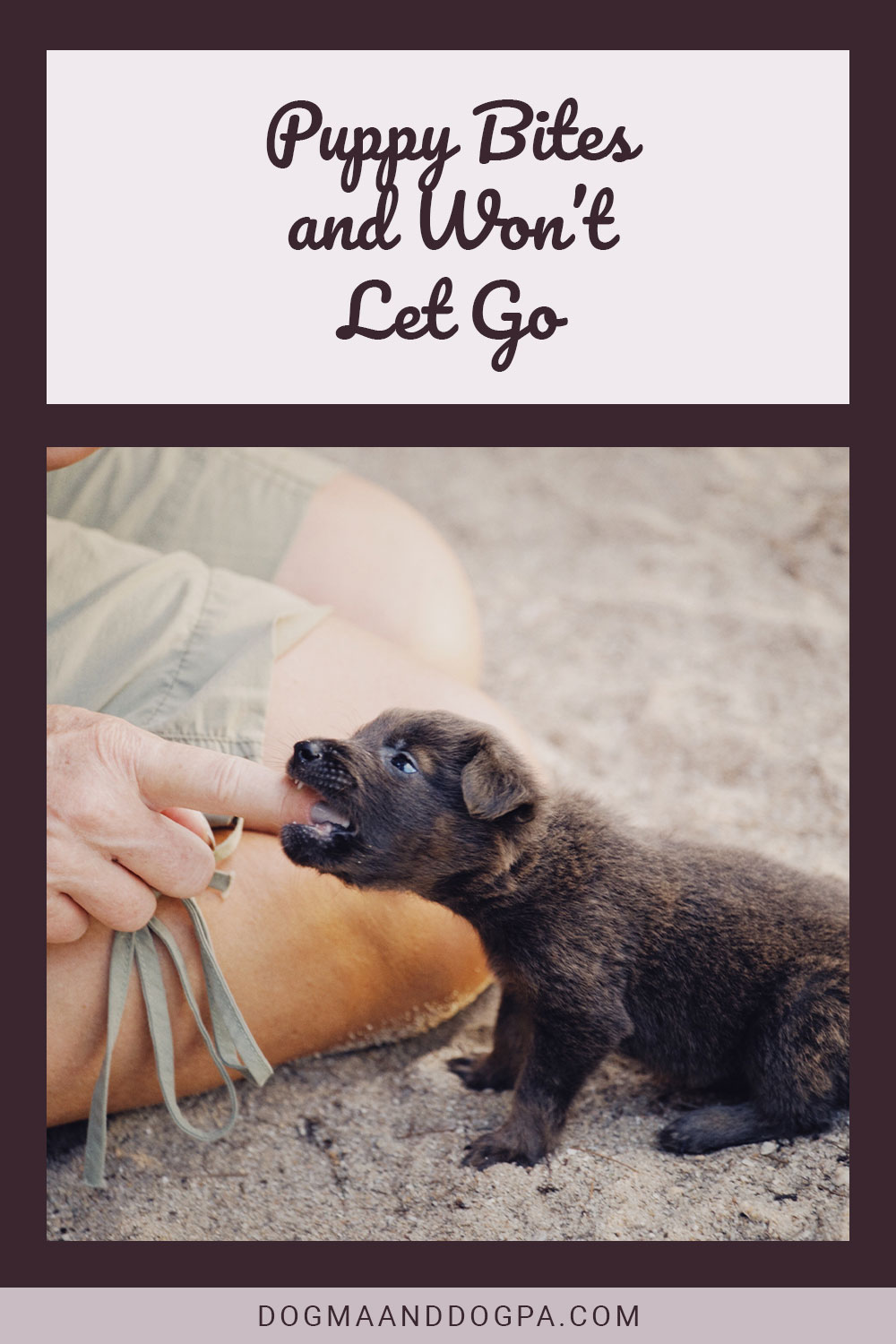Puppy energy is abundant. They’re going through many hours of play and naps, but the potty training and chewing will suck. Something that nobody tells you about is just how many things puppies can destroy with their chewing.
Puppies can be so much fun to play with until they start biting your hands and not letting go. Then, puppies, just like babies, need to be taught how to act appropriately and learn what is okay and what is not.
Why Do Puppies Do it?
Getting a puppy comes with many new things that you’ll have to adjust to. One of them is the teething portion. Just like babies, puppies chew when their adult teeth grow, which is why puppies seem to chew on everything.
Another reason is they want to play and are feeling neglected. You must get as much energy as possible out of your puppy while playing. Be sure to have plenty of toys they can wrestle with to avoid them wrestling with your furniture.
How To Stop it?
Like most things, you can train your pup not to chew on anything else. Be sure you have a range of textures for toys too. Buy some that crinkle, squeak, are made of rope, taste like cheese, etc. If you keep your pup interested in toys, they will avoid other things.
You can also teach them the “No” command early on. If your dog knows that the “No” command means “I’m doing something wrong,” they will more reliably stop doing whatever they’re doing.
How Can You Know if It’s Just a Phase?
More than likely, it’s just a phase. If you reprimand your puppy and they feel bad about it, then you know it’s not aggression. The most important thing to do is teach them early that it’s not okay to chew on things outside their toys.
If you don’t reprimand them from the start, they will learn that the behavior is okay. That means you need to keep a very watchful eye on your dog.
Puppies need constant supervision because their instincts of what’s dangerous and wrong have not yet fully developed.
Easy Tricks That Will Teach Your Puppy not to Do it
Here is a list of tips that will help you when training your puppy not to chew on things outside of their toys:
- Teach them the “No” command at a young age.
- Teach your dog the “Drop It” command at a young age.
- When training your dog, be firm and authoritative.
- If your dog starts biting you for attention, ignore them.
- Reward your dog for being calm.
- Give your puppy plenty of attention.
- Take them out for long walks or to the dog park to get energy out.
- Give them different textures/flavors of toys.
The biggest tip is to start the training early. If you allow your dog to do whatever they want before reprimanding them, it will be harder to break the habit in the future.
What Should You Avoid Doing?
You should avoid roughhousing with your puppy. If you play rough with your hands, they will grow up knowing it’s a way to play. Another thing you should avoid doing is hitting them when they do something wrong.
Hitting your dog can lead to aggressive tendencies in the future, which means that biting will no longer be a form of play, but a form of protection. If you’re having issues training your dog, seek professional training help.
Final Thoughts on Puppy that Bites and Will Not Let Go
When you first get a puppy, you’ll see all the energy they have to play. Nobody talks about how the teething phase is one of the biggest reasons puppies seem to chew on everything.
You must start training them early if you want to stop your puppy from chewing up your hands and furniture. Just like babies, puppies need to learn what’s okay and what’s not okay. If you wait too long and let them do whatever they want, it will be harder to break the habit.
Start training your dog with the “No” and “Drop It” commands. Be firm and authoritative when training. Give them plenty of play time to expel all their energy. Be sure not to hit them, as that can cause aggression later.

